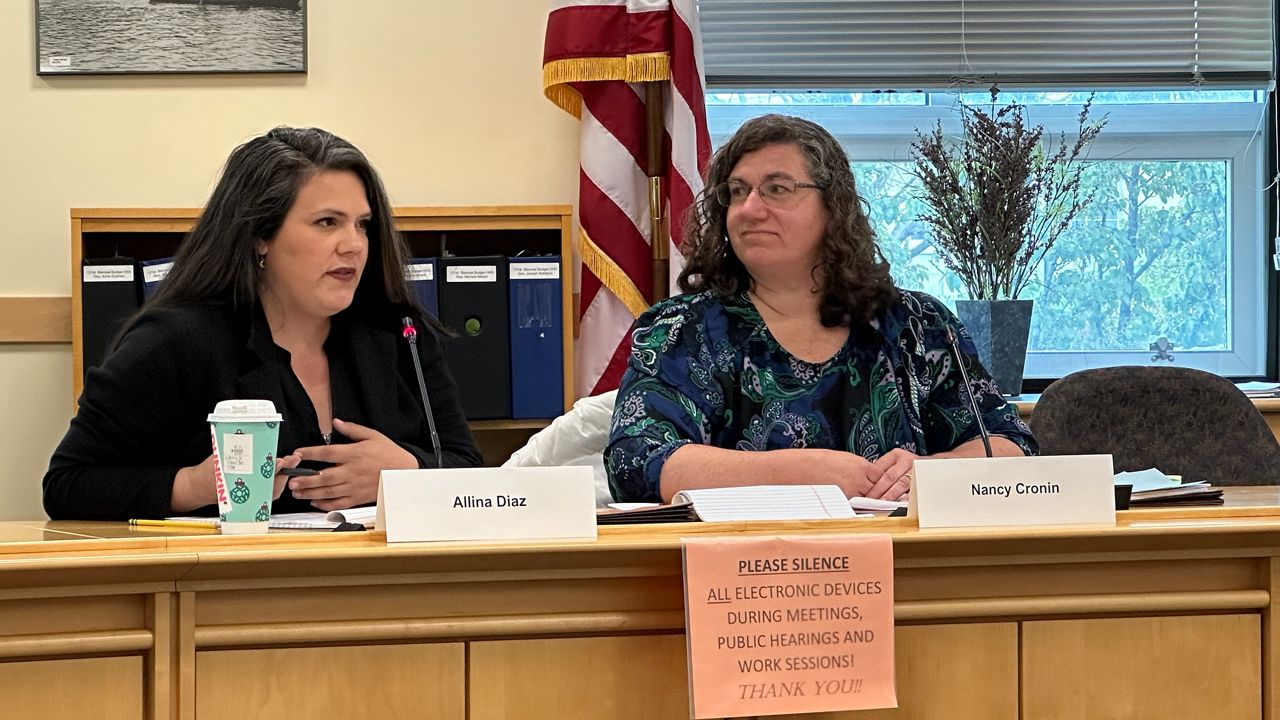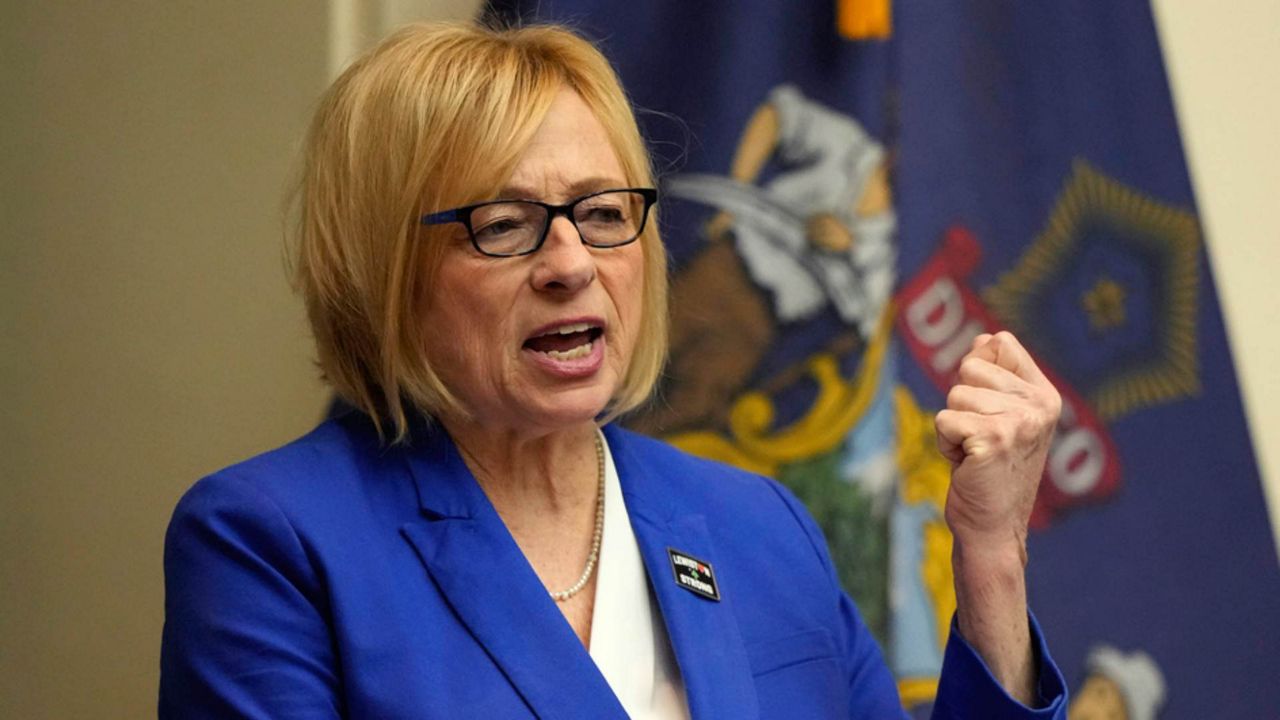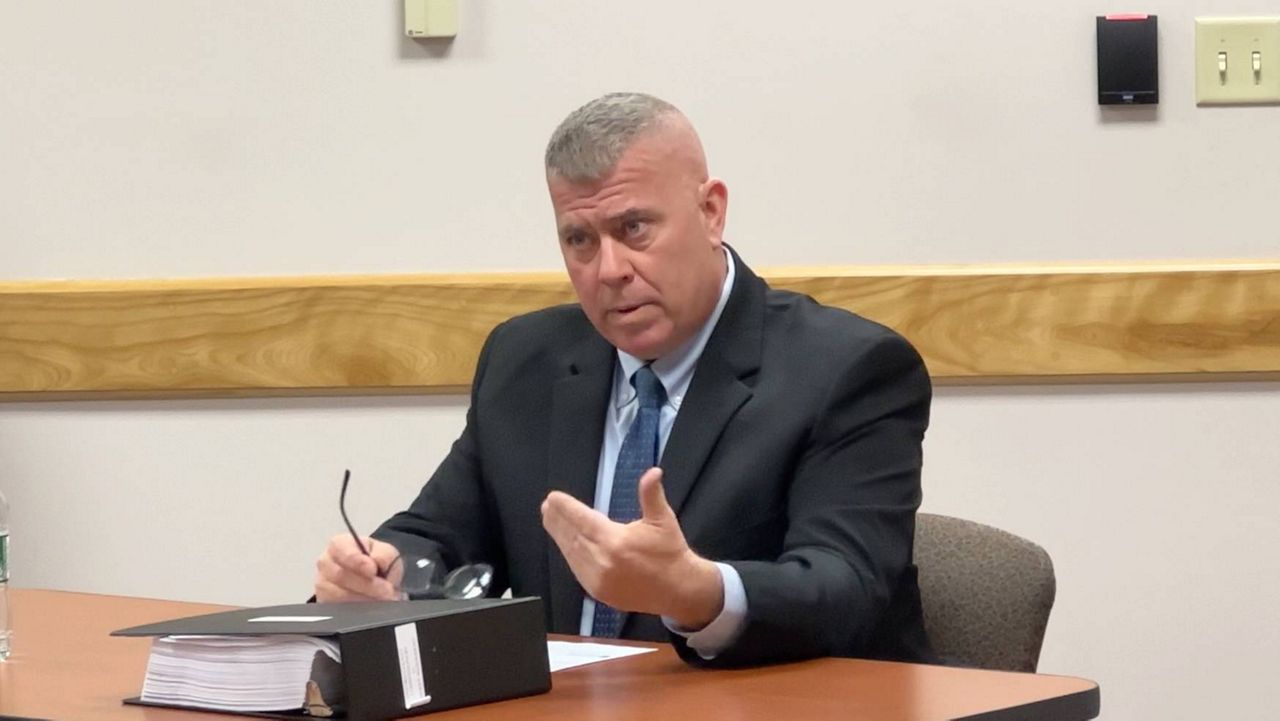The Maine Department of Health and Human Services would consider separating out its child and family services division if a review showed that it would improve services, a spokeswoman told lawmakers Tuesday.
The department has previously opposed measures to create a separate child welfare office, citing concerns about “additional bureaucracy.”
But Molly Bogart, director of government relations for the department, told a commission studying the department that DHHS is now open to at least considering the idea.
“We would reconsider this position if there’s an in-depth review that indicates otherwise, indicates that that restructuring, along with the cost to replicate the infrastructure currently shared at DHHS, could improve those services more than other investments, such as staff salaries and supports,” she said.
Overall, the department shares the Legislature’s goal of providing “health, safety and welfare” to Mainers most in need, she said.
The discussion about the structure of the department came as lawmakers continue to focus on DHHS, particularly its handling of child welfare cases.
The panel that met Tuesday — the Blue Ribbon Commission to Study the Organization of and Service Delivery by the Department of Health and Human Services — aims to find ways to make the system better.
Rep. Dan Shagoury (D-Hallowell), who sponsored the bill to create the commission, is a former legislative aide who spent much of his time trying to help people who had trouble with the department.
“A lot of the complaints, didn’t matter the administration, were with the Department of Health and Human Services,” he said. “I have heard and seen in some states things might be going better and we should look at that. There’s always room for improvement.”
The commission is just one group working along parallel tracks to find ways to improve the department.
For more than a year, the Government Oversight Committee has studied the circumstances involving the deaths of four children whose families were involved in the child welfare system before they died.
The Legislature’s Health and Human Services Committee has carried over bills to be considered in January that propose improvements to the system.
And a nonprofit called Walk a Mile in Their Shoes, founded by former Sen. Bill Diamond (D-Windham), is expected to release a report by the end of this year outlining their suggested improvements, Commission Chairwoman Sen. Jill Duson (D-Portland) said.
In recent years, Republicans have led the charge in calling for the department — one of the state’s largest by budget and by headcount — to be broken up.
Rep. Kathy Javner (R-Chester) said she hopes the commission can play an active role in moving that idea along.
“I do feel that this commission does and can play a vital role in seeing what happens, what is put in legislative process and then from there hopefully being able to take a deeper dive and look at (the Office of Child and Family Services) and look at what it would look like to separate it out,” she said. “First and foremost, what the price tag would be?”
Beyond child welfare, the department administers federal and state programs related to food stamps, Medicaid, services for those with developmental disabilities and the elderly, the licensing of long-term care facilities, two state psychiatric hospitals and the Maine Center for Disease Control & Prevention.
Bogart told the commission that the department has hired more staff to address complaints about call wait times, expanded Medicaid to cover more Mainers and is in the process of improving services for adults with intellectual disabilities.
She said 80% of the 869 inquiries that came through the DHHS constituent services office from July to September were resolved within two days.
Yet commission members said they continue to hear heartbreaking stories from families who don’t understand why certain decision are made and don’t often know where to turn for help.
Allina Diaz of Maine Equal Justice said many families “who are on these programs feel very powerless.”
“I just know as a participant, when I had an issue receiving services, I was told there’s nobody above me you can talk to,” she said. “To improve services, it’s important for participants to be able to have healthy communication with the department and not just feel like what they say is the way it is.”









